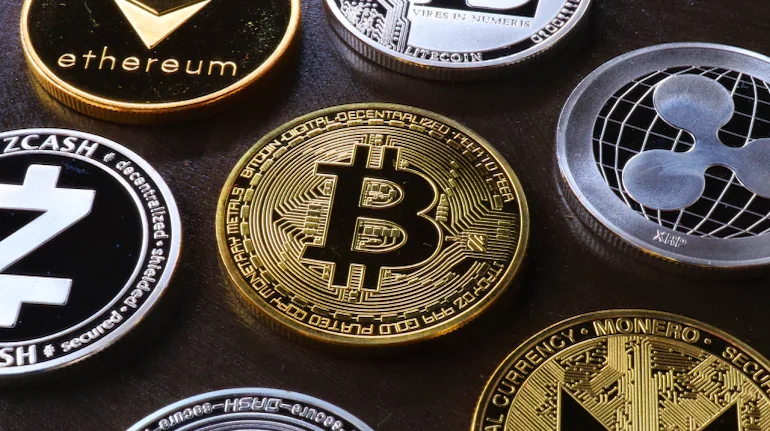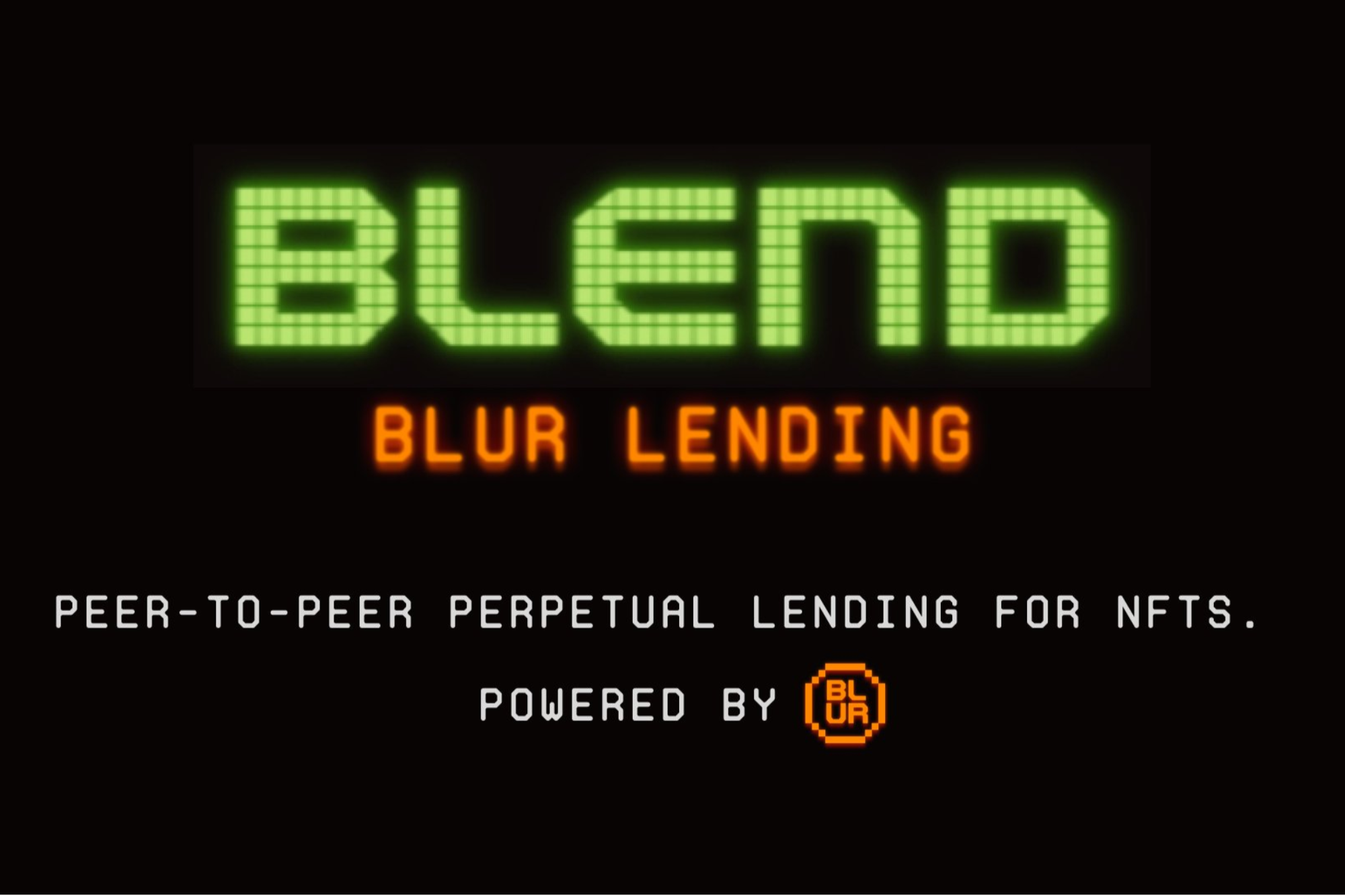Cryptocurrency Wallet Software - Secure Development
Explore top-notch cryptocurrency wallet software development. Our crypto wallet software ensures secure transactions and storage

Cryptocurrency wallet software is a critical component of the cryptocurrency ecosystem. It allows users to store, send, and receive cryptocurrencies. However, cryptocurrency wallet software is also a target for attackers. As a result, it is important to develop cryptocurrency wallet software securely.
Here are some tips for developing cryptocurrency coinbase-wallet software securely:
- Use a secure development lifecycle (SDL).?An SDL is a set of processes and practices that help to ensure the security of software throughout its development lifecycle. A good SDL should include requirements gathering, risk assessment, threat modeling, secure coding practices, testing, and deployment.
- Use strong encryption.?All of the crypto assets in a cryptocurrency wallet should be encrypted at rest and in transit. This will help to protect the assets from unauthorized access, even if the device is lost or stolen.
- Implement multi-signature support.?Multi-signature support requires multiple signatures to authorize a transaction. This helps to protect the assets from unauthorized access, even if the private key is compromised.
- Use two-factor authentication (2FA).?2FA adds an extra layer of security to the account by requiring the user to enter a code from their phone in addition to their password when logging in.
- Keep the software up to date.?Make sure to release security updates regularly to patch any known vulnerabilities.
Cryptocurrency crypto wallet app are essential for storing, sending, and receiving cryptocurrencies. However, as the value of cryptocurrencies has increased, so too has the attention of attackers. As a result, it is more important than ever to develop cryptocurrency wallet software securely.
Security considerations for cryptocurrency wallet software
There are a number of security considerations that should be taken into account when developing cryptocurrency wallet software. Some of the most important considerations include:
- Encryption:?All of the crypto assets in a cryptocurrency wallet should be encrypted at rest and in transit. This will help to protect the assets from unauthorized access, even if the device is lost or stolen.
- Multi-signature support:?Multi-signature support requires multiple signatures to authorize a transaction. This helps to protect the assets from unauthorized access, even if the private key is compromised.
- Two-factor authentication (2FA):?2FA adds an extra layer of security to the account by requiring the user to enter a code from their phone in addition to their password when logging in.
- Secure coding practices: It is important to use secure coding practices when developing cryptocurrency exodus crypto wallet software. This includes avoiding common security vulnerabilities, such as buffer overflows, SQL injection, and cross-site scripting.
- Regular security updates:?It is important to release security updates regularly to patch any known vulnerabilities.
Additional tips for developing secure cryptocurrency wallet software
- Use a secure development lifecycle (SDL).?An SDL is a set of processes and practices that help to ensure the security of software throughout its development lifecycle. A good SDL should include requirements gathering, risk assessment, threat modeling, secure coding practices, testing, and deployment.
- Have the software security reviewed by an independent third party.?This will help to identify any potential security vulnerabilities that may have been missed.
- Educate users about security best practices.?This includes teaching users how to create strong passwords, how to enable 2FA, and how to avoid phishing scams.
Types of cryptocurrency wallets
There are two main types of crypto wallets: hot wallets and cold wallets.
- Hot wallets:?Hot wallets are connected to the internet, which makes them convenient to use for everyday transactions. However, they are also more vulnerable to attack.
- Cold wallets:?Cold wallets are not connected to the internet, which makes them more secure. However, they are also less convenient to use for everyday transactions.
There are also a number of different types of hot wallets and cold wallets available. Some of the most popular types of hot wallets include:
- Web wallets:?Web wallets are hosted by a third-party provider. They are convenient to use, but they are also less secure than other types of hot wallets.
- Desktop wallets:?Desktop wallets are installed on the user's computer. They are more secure than web wallets, but they are also less convenient to use.
- Mobile wallets: Mobile wallets are installed on the user's smartphone. They are convenient to use, but they are also less secure than desktop best online crypto wallets.
Some of the most popular types of cold wallets include:
- Hardware wallets:?Hardware wallets are physical devices that store the user's private keys. They are the most secure type of cryptocurrency wallet, but they can also be more expensive.
- Paper wallets:?Paper wallets are simply paper printouts of the user's public and private keys. They are very secure, but they can be easily lost or damaged.
Choosing the right cryptocurrency wallet
The best cryptocurrency wallet app for you will depend on your individual needs. If you are looking for a convenient wallet for everyday transactions, a hot wallet may be a good option. If you are looking for a more secure wallet, a cold wallet may be a better choice.
Here are some factors to consider when choosing a cryptocurrency wallet:
- Security:?How important is security to you? If you are storing a large amount of cryptocurrency, you may want to choose a more secure wallet, such as a hardware wallet.
- Convenience:?How important is convenience to you? If you need to be able to access your cryptocurrency from anywhere, you may want to choose a hot wallet.
- Features:?What features are important to you? Some wallets offer additional features, such as the ability to buy and sell cryptocurrency or to stake your cryptocurrency.
- Price:?How much are you willing to spend on a cryptocurrency wallet? Hardware wallets can be more expensive than other types of wallets.
Common cryptocurrency scams
There are a number of common cryptocurrency scams that users should be aware of. Some of the most common scams include:
- Phishing scams:?Phishing scams involve sending fake emails or messages that appear to be from a legitimate source, such as?a cryptocurrency exchange. The emails or messages will often contain a link that, when clicked, will take the user to a fake website. The fake website will then attempt to steal the user's login information or private keys.
- Ponzi schemes:?Ponzi schemes are investment scams that promise high returns with little or no risk. However, the schemes are actually just pyramid schemes where investors are paid off with the money from new investors.
- Exit scams:?Exit scams involve the creators of a cryptocurrency project abandoning the project and taking the investors' money with them.
Tips for staying safe when using cryptocurrency wallets
Here are some tips for staying safe when using coinbase crypto wallet:
- Never share your private keys with anyone.
- Use strong passwords and enable two-factor authentication (2FA) on all of your cryptocurrency accounts.
- Be careful about what links you click on and what attachments you open in emails and messages.
- Only invest in cryptocurrency projects that you have researched and trust.
- Store your cryptocurrency in a secure wallet.
By following these tips, you can help to protect your cryptocurrency from theft and scams.
By following the security considerations and tips listed above, developers can help to create best blockchain wallet software that is secure and resistant to attack.
In addition to the above, it is also important to have the software security reviewed by an independent third party. This will help to identify any potential security vulnerabilities that may have been missed.
What's Your Reaction?
















